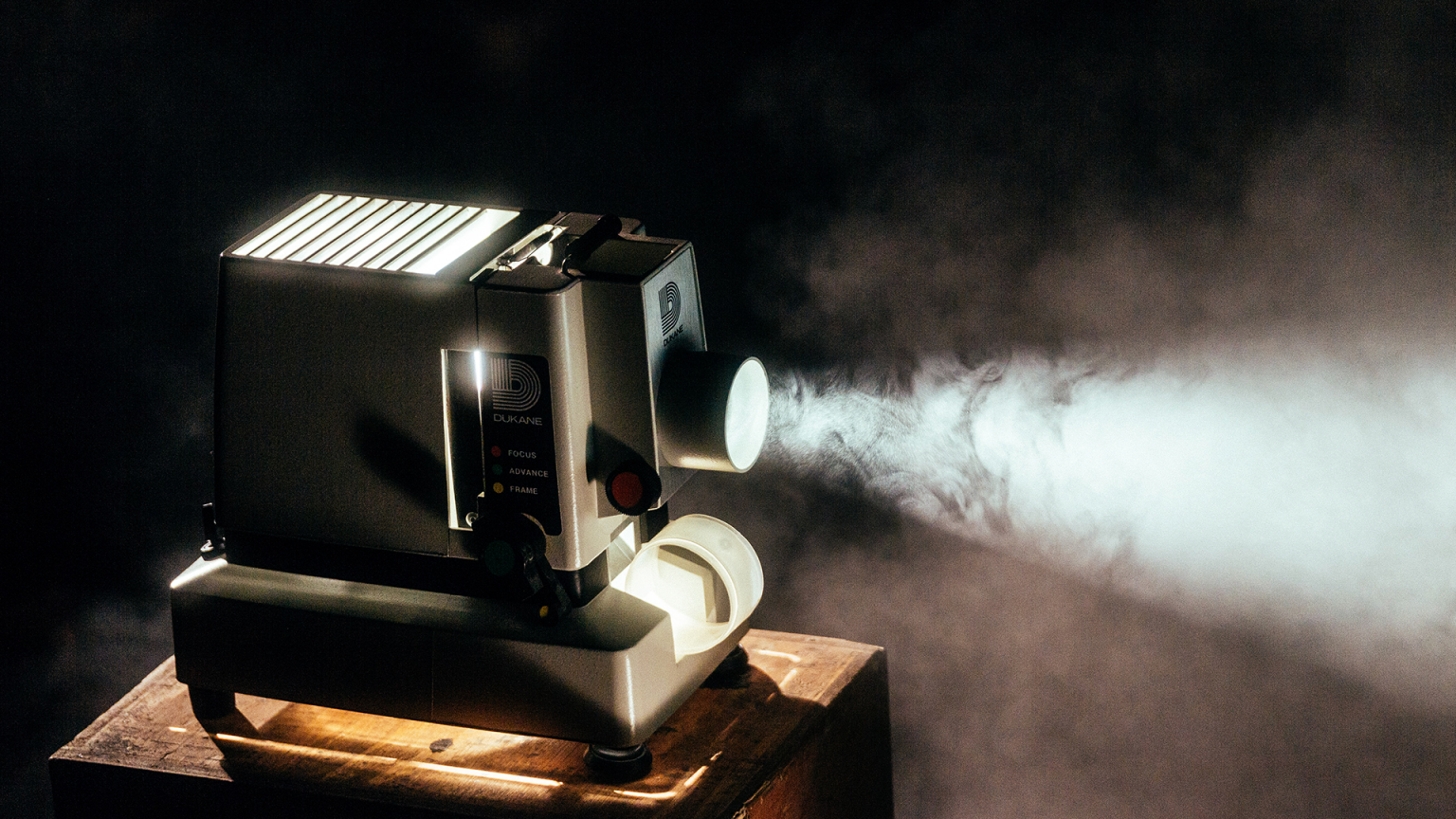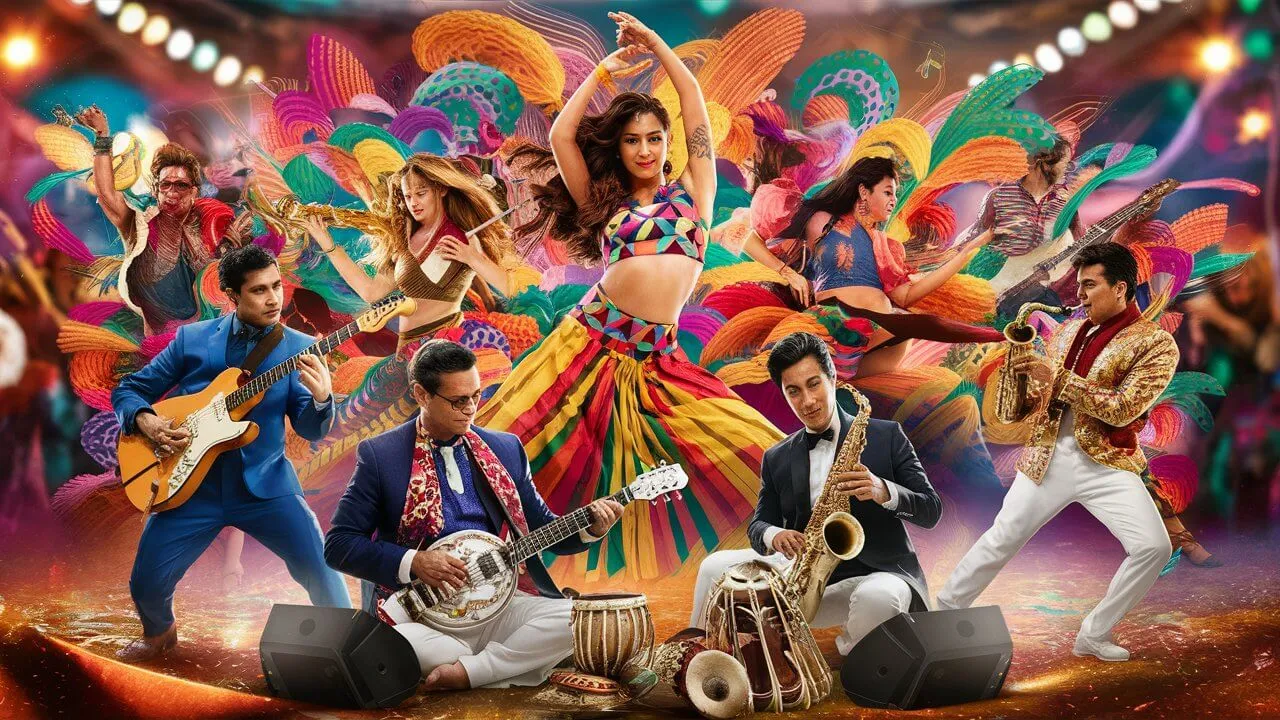Meta Description: Explore how music in film enhances storytelling and evokes emotions, playing a crucial role in shaping the cinematic experience.
Imagine a movie without music. It would be hollow, right? The movie music is not just there to fill in the silence. Music in film is rather a major device that makes a story more engaging, emotional, and memorable. From the riveting scores of suspenseful thrillers to the heartwarming melodies in romance movies, music plays its role in making a movie memorable. Herein, we shall discuss how music heightens narrative and emotional impact in films, ultimately making stories more engaging and unforgettable.
Setting the Scene: How Music Establishes Mood
The music sets the tone even before the first words of dialogue. The opening score of a movie ushers in the feel of what might be forthcoming. Is it an action-packed thriller? Tear-jerking drama? Light-hearted comedy? It lets the audience know exactly where it belongs right from the beginning.
For instance, in horror movies, the background music is always eerie, with sudden, loud notes that create tension and anxiety in viewers. In a romance movie, on the other hand, it may open up to a soft, melodious tune that sets one into a warm feeling of tenderness. It helps to establish an emotional landscape and guides the audience’s emotions for the story to be unraveled.
Enhancing Narrative: Music as a Storytelling Tool
Music does more than merely set up the atmosphere; it helps to tell the story. Composers frequently set exactly what themes or motifs go with a character, place, or event in a movie. These musical themes function as tracking devices, allowing an audience to stay connected to a movie script much better.
For example, in “Star Wars,” every time one sees Darth Vader, one hears the “Imperial March,” signifying his presence and the threat he brings with him. This musical motif allows the audience to understand the character without using words.
Music may also signal changes in the story. A sudden change in the score can indicate that there is a plot turn, a character has realized something, or even some form of danger that is nearing. As it runs parallel to the progress of narration, music underscores and accentuates specific points of the story, making it more gripping and effective.
Arousing Emotions: Musical Emotional Power
Perhaps the greatest role music plays in film is in terms of emotional evocation. Music somehow touches deep inside our hearts and minds, quite often allowing us to feel exactly what the movie characters are feeling.
A sad scene, combined with proper music, can bring one to tears, while a triumphant moment paired with uplifting music will leave a viewer joyful and inspired. The association between music and feelings is very strong; it’s enough to say that even simple melodies are capable of provoking strong reactions.
Think of the emotional effects that the music has on films like “Titanic.” That haunting melody of “My Heart Will Go On” is not just a song; it’s symbolic of love, loss, and hope that resonates inside the viewer.
Setting Atmosphere: Music as an Immersive Element
Music also creates the atmosphere of the film. Be it an action sequence or any serene landscape, the music can make the setting more real and feel immersive.
Fast-paced rhythmic music may heighten the excitement of a chase or battle scene in action movies. It holds people on the edge of their chairs and puts them wholly into that moment. Otherwise, the very quiet and serene scores can make the beauty of a natural setting come alive and allow the audience to soak in the tranquility of the scene.
Music does this all the time, as it carries the audience to different worlds, engaging the listener much more cogently in the cinematic experience.
Unspoken Communication: Music as a Language
Sometimes, music speaks more eloquently than words. In films, music is usually used to express what the characters cannot verbalize. It evokes their thoughts, emotions, and conflicts that depict their inner selves.
For example, in a scene, when a character is grieving, the music can convey the intensity of his or her sadness through a means that words alone can’t. It is then that the poignant and profound moments exist, without a line of dialogue but with a very powerful score.
It serves as the universal language of a film, bridging the gap between characters and the viewer, allowing an individual to personally connect with the story.
Building Tension and Release: The Role of Music in Pacing
Among the most critical functions of music is its controlling a film’s pace. It creates tension, therefore keeping one in suspense, before breaking it precisely at the exact moment.
It is often used during thriller or horror movies to make one feel uneasy. The view can feel anxious with a creeping slow melody, feeling that something bad is about to take place. Then, when it reaches its peak, the music may suddenly stop and then be followed by a loud and shocking sound that makes audiences jump.
It is in this careful manipulation of tension and release through music that the audience becomes involved, and this further helps in making the climactic moments in a film all the more effective.
To Wind Up
Music in film is definitely much more than just something to be heard. It is part of the telling that enriches the plot, stirs deep emotions, and creates an immersive atmosphere. It sets a mood, guides the storyline, or articulates the unspoken thoughts; it magically transforms simple things into miracles.
Next time you see a movie, pay attention to the music. Notice how it shapes your experience and how it makes you feel. Notice how it stays with you well after the credits roll. It’s very remarkable the role music plays in film, and the impact it has on the narrative and emotional depth delivered in a movie is simply not deniable.



